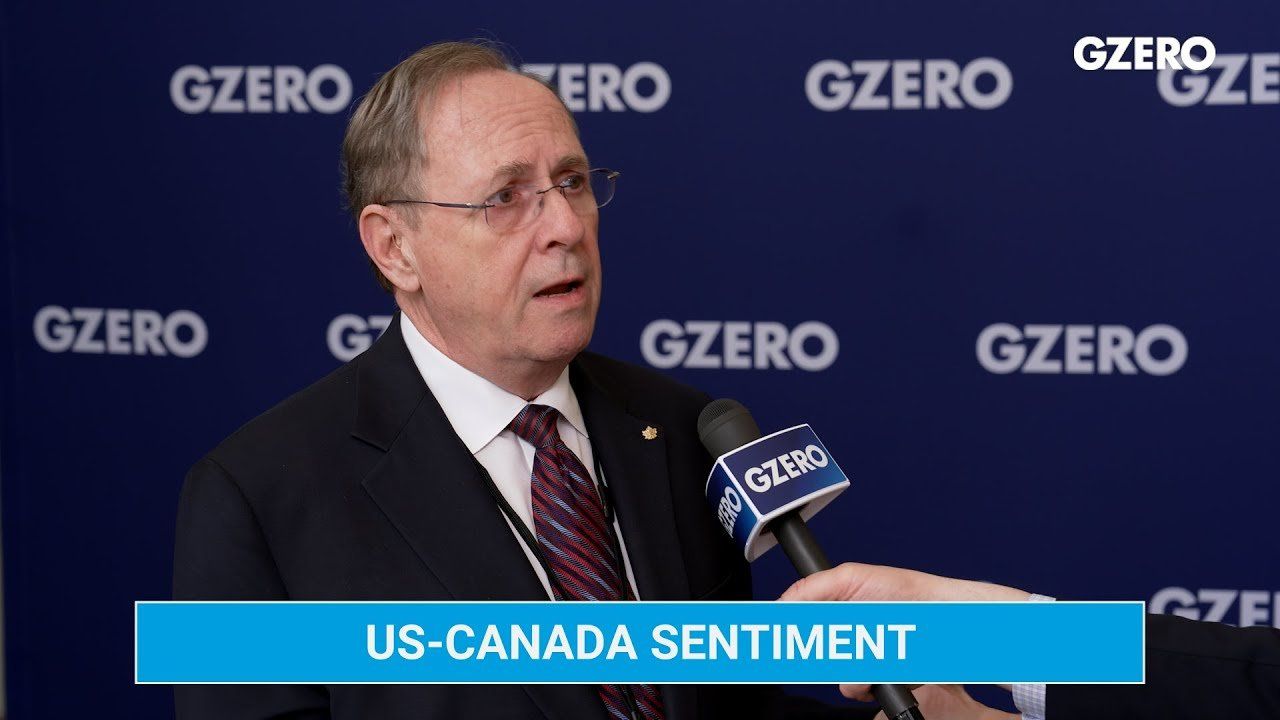GZERO North
What Americans and Canadians agree — and disagree — on

What Americans and Canadians agree — and disagree — on | US-Canada Summit | GZERO Media

Americans like to think: "Canadians are just like us." But many Canadians don't feel the same way about Americans.
Still, Americans and Canadians do mostly agree on a lot of things, as we know from recently polling by Maru Public Opinion for GZERO North.
What do Americans and Canadians find the most and least common ground on? Maru executive VP John Wright digs into the data from the survey in a conversation with GZERO's Tony Maciulis at a US-Canada Summit in Toronto.
For more, sign up for GZERO North, the new weekly newsletter that gives you an insider’s guide to the world’s most important and under-covered trading relationship, US and Canada.
Think you know what's going on around the world? Here's your chance to prove it.
The US government reportedly plans to fund MAGA-aligned groups in Europe. The stated aim is to oppose European laws on online speech.
20: The number of fallen Ukrainian athletes and coaches depicted on a Ukrainian skeleton racer’s helmet at the Winter Olympics, which prompted the International Olympic Committee (IOC) to disqualify him on Thursday.